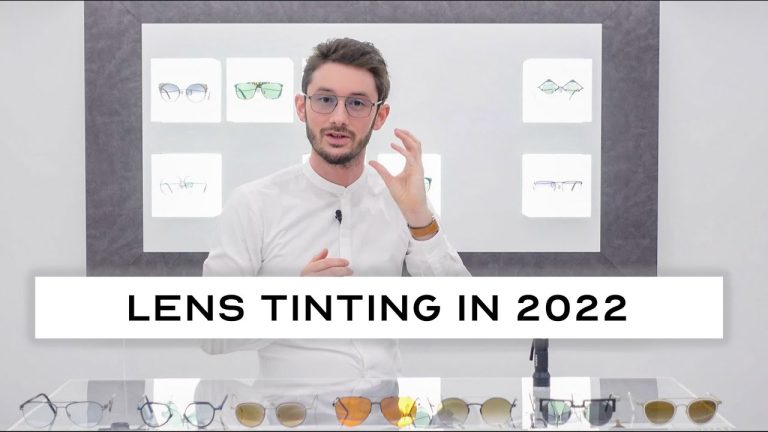The Ultimate Guide to Prescription Sunglasses with Transition Lenses: Improve Your Vision and Style
As summer approaches, many people start thinking about protecting their eyes from the sun’s harmful rays. Prescription sunglasses with transition lenses can be an excellent solution. Transition lenses, also known as photochromic lenses, change from clear to dark depending on the amount of light they are exposed to. This makes them perfect for outdoor activities, as they can adapt to changing lighting conditions and improve visual comfort.
Transition lenses are made from materials that are sensitive to UV radiation, and when exposed to sunlight, they darken to a specific shade. They are available in various colors, including brown, gray, and green. Some brands also offer lenses with polarization, which reduces glare and enhances color perception. They are compatible with most prescription types, including single vision, progressive, and bifocal.
Benefits of Prescription Sunglasses with Transition Lenses
Prescription sunglasses with transition lenses offer several advantages over regular sunglasses:
- Convenience: You don’t have to switch between regular glasses and sunglasses constantly. Transition lenses adjust automatically, so you can wear them both indoors and outdoors.
- Eye protection: Transition lenses block 100% of UV radiation, protecting your eyes from cataracts, macular degeneration, and other eye conditions caused by sun exposure.
- Clarity of vision: Transition lenses reduce glare and improve contrast, making it easier to see in different lighting conditions.
- Prescription accuracy: Transition lenses can be customized to your prescription, providing you with accurate vision correction.
How to Choose the Right Pair of Prescription Sunglasses with Transition Lenses
Choosing the right pair of prescription sunglasses with transition lenses can be daunting, but here are some tips to consider:
Lens Material
The most common materials for prescription lenses are polycarbonate, high-index plastic, and Trivex. Polycarbonate lenses are shatter-resistant and lightweight, making them ideal for sports and outdoor activities. High-index plastic lenses are thinner and lighter than regular plastic lenses, making them more comfortable to wear. Trivex lenses provide excellent optical quality and are exceptionally durable.
Lens Color
The color of the lens affects the amount of light that enters your eyes and can affect your vision. Brown lenses enhance contrast and depth perception, making them ideal for outdoor sports. Gray lenses reduce brightness and glare, making them suitable for bright sunny conditions. Green lenses provide excellent color perception and contrast, making them versatile in different lighting conditions.
Frame Style
The style of the frame is a matter of personal preference, but it also affects how the lenses fit and feel on your face. Wraparound frames provide maximum protection from the sun’s rays and are ideal for sports and outdoor activities. Aviator frames are classic and stylish, but may not cover as much of your eyes as wraparound frames. Rectangle and oval frames are versatile and suitable for different face shapes.
Conclusion
Prescription sunglasses with transition lenses offer convenience, eye protection, clarity of vision, and prescription accuracy. Choosing the right lens material, lens color, and frame style can enhance your visual experience and provide you with the best combination of fashion and function.
Contents
Most wanted in Hoya Vision:
What are prism eyeglass lenses?
Hoya Lens Engravings
What brand lenses does Costco use?
What does +0.25 mean on an eye test?
Do tinted glasses help with migraines?
Should eyeglasses cover eyebrows?
Hoya Identification Chart
What LED light is best for broken capillaries?
Does hyperopia worsen with age?
What is the difference between Ray Ban RB and Rx?
















